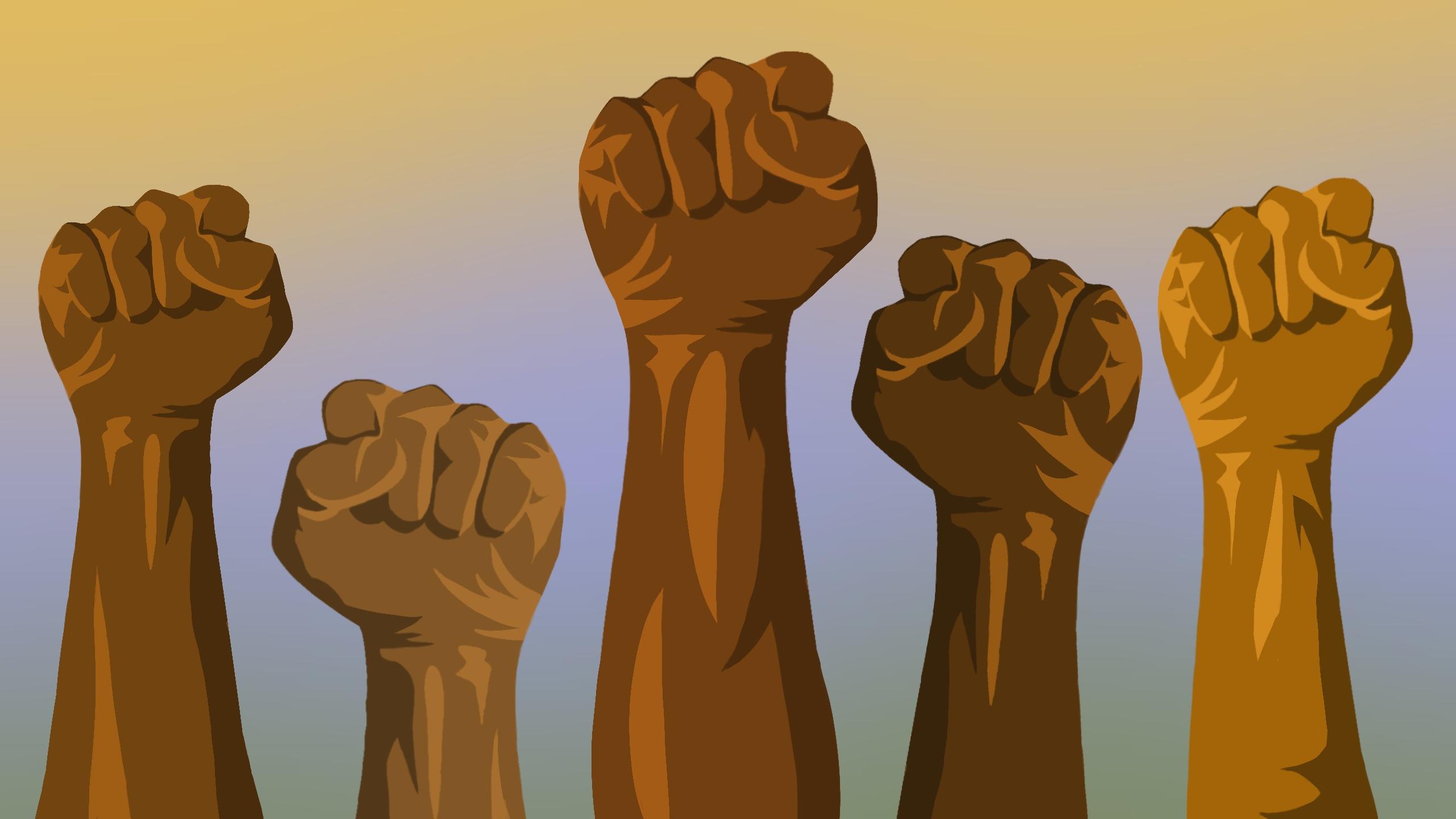By Zoha Naghar
A group of students in the seminar in criminal justice course at Toronto Metropolitan University (TMU) hosted a panel on April 4 that aims to normalize conversations surrounding race and marginalized communities.
The panel, titled Anti Racism TMU, was hosted by fourth-year criminology students and was a collaboration between the criminal justice course and the Community Engaged Learning & Teaching (CELT) project organized coordinator Reena Tandon and Anne-Marie Singh, an associate professor at the Department of Criminology*.
CELT teaches faculty ways to integrate a community-based approach within their teachings and enhance the student learning experience.
The Anti Racism panel, exclusively for student attendees, featured student panelists, each of whom shared their personal experiences with racism on TMU’s campus and in the community.
The purpose of the event was to raise awareness and provide students with solutions and next steps on what they can do to tackle racism and exclusion at their university. Students involved in this semester’s CELT project were mentored through the conceptualization and implementation process by one alumni from the seminar in criminology course and two PhD students—a peer mentorship made possible through funding by the Faculty of Arts*.
“A lot of marginalized voices aren’t highlighted so it’s important for events like this to take place just so [students] can hear these voices and ensure that [their] voices are heard,” said Sahibjot Bajwa, a fourth-year criminology student and one of four student organizers of the event.
Bajwa said this event is important for TMU’s marginalized communities because it’s an opportunity to hear the panellists’ lived experiences. She said the reality of experiences like discrimination that students may face on campus becomes more real when you hear their experiences firsthand. Bajwa hopes the events helped push the narrative of change on campus and within the TMU community.
Nadia Amer, a fourth-year criminology student and co-organizer of the event, said this panel also aimed to highlight how many race-based incidents go unreported.
Amer said there are countless marginalized voices that are never reported on in the news and she hopes this event shined a light on them to start a greater conversation.
Anti-Racism TMU featured panellists from different racialized communities and the event was moderated by Crystal Mark, the education consultant for the vice president of equity and community inclusion at TMU.
Jodhvir Minhas, a business technology management student at TMU, was one of the panellists who shared his lived experiences and offered solutions for diversity and inclusion within the school community.
Minhas has used his university career to further advance the school’s diversity and inclusion action plans through involvement in campus groups. He used to be a part of the Ted Rogers Students’ Society’s (TRSS) equity, diversity and inclusion (EDI) committee, where Minhas said they came up with structured diversity plans that some student groups on campus began to follow. Minhas also mentioned that last year was the first year the TRSS had held an EDI committee under their umbrella.
Minhas shared his experiences as a South Asian student from the Sikh community on campus. He talked about how coming from a household with immigrant parents influenced him to always advocate for equality as much as he could. He said he fortunately was able to receive support from his colleagues and he hopes this event can show attendees that conversations surrounding racism and marginalized experiences need to happen more often.
“It’s not something that we can just bring up and forget,” he said. “For example, a conversation will start during Sikh heritage month or Black heritage month and will disappear after. This needs to be rectified and talked about.”
The second panellist, Nicole Agyenim Boateng, is a third-year child and youth care student and a member of the Anti-Black Racism Student Advisory Committee, a group of individuals seeking out new ways the school community can implement better resources and offerings for Black students on campus.
Boateng said that conversations around racism are uncomfortable but are needed to show other racialized students they’re not alone. These conversations can also help both racialized and non-racialized individuals identify what an act of racism can look like, she explained.
Boateng said she hopes the event left students feeling empowered to share their own experiences with discrimination on campus and realize there is an entire community backing them, some of whom share similar stories.
Co-organizer and fourth-year criminology student Daniel Da Silva said it’s important for non-racialized people like himself to show up at events like these as well, to advocate for equality amongst all voices.
The organizers emphasized the importance of recognizing your privilege and using it to unite and stand up for what’s right and they hope they got that message across with this panel.
*This story has been updated to include more information about CELT’s collaboration with the Department of Criminology












Leave a Reply